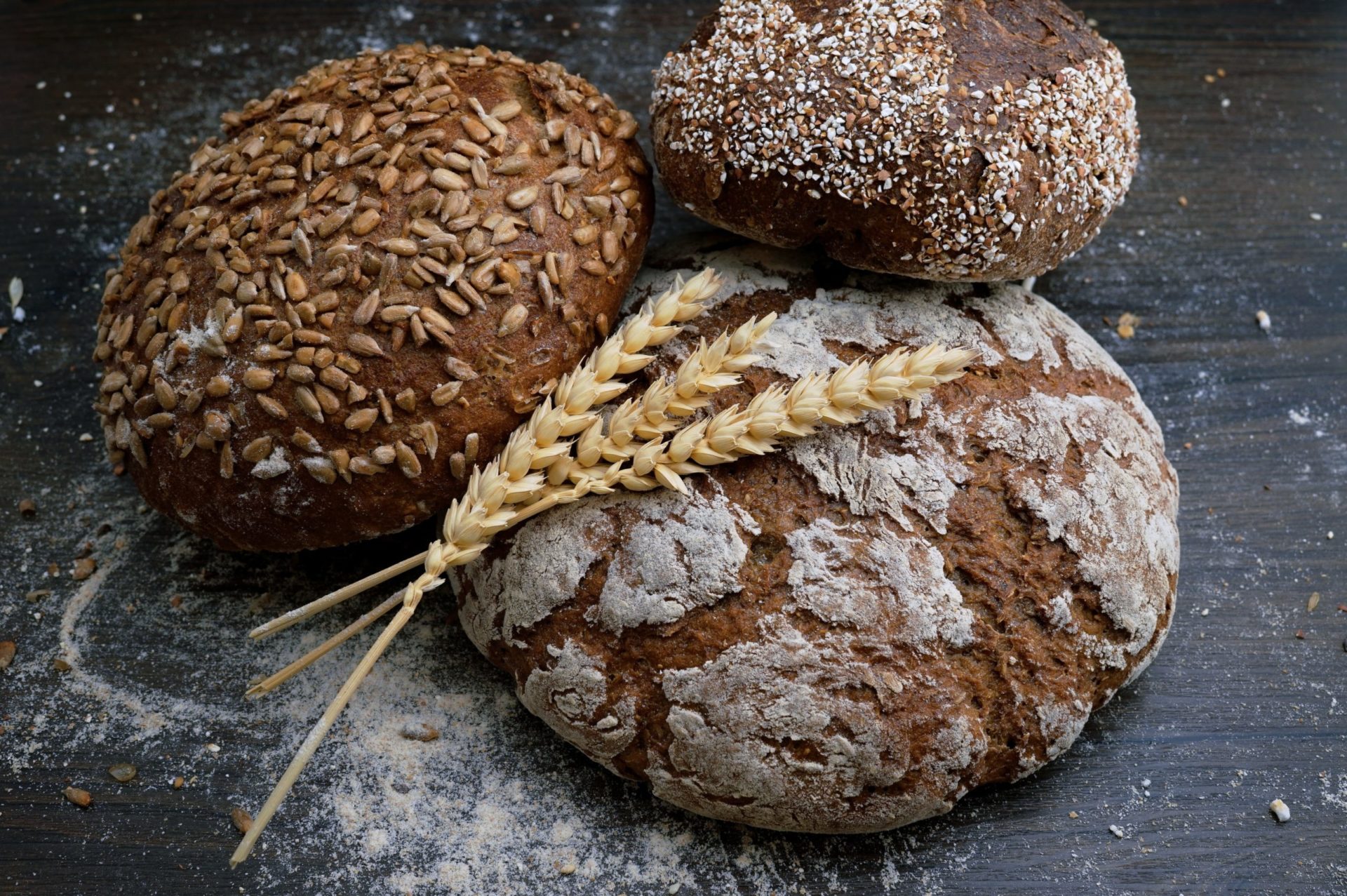Eating gluten-free has become the “norm” for millions and can mean big health advantages for those with gluten sensitivities and other associated health conditions. However, avoiding gluten is not as simple as it seems and can even lead to worse health outcomes if the gluten-containing foods are being replaced with other equally inflammatory carbohydrates. Let me explain.
What’s the real benefit of going gluten free?
Gluten is a protein in grains like wheat, rye and barley. It’s particularly damaging to those with celiac disease because the immune system responds to gluten by destroying the villi on the intestinal surface that is responsible for absorbing nutrients. However, countless people that are not suffering from celiac have also found health benefits from going gluten-free.
One of the reasons that removing gluten from the diet can be beneficial is because it stimulates the release of an enzyme called zonulin from intestinal cells. This enzyme causes intestinal cells to separate slightly, loosening tight junctions. In some, especially those at risk of autoimmunity, that separation of cells can lead to leaky gut, a condition that allows undigested food and pathogens to enter the bloodstream resulting in an immune system activation.
This causes a litany of inflammatory responses that result in horrible symptoms such as GI distress, chronic pain in joints of muscles, brain fog, nerve damage, hormone dysfunction and more.
Gluten-Free substitutions can be even worse for your health!
Protecting the intestines is not the only reason that some people feel an advantage from going gluten free. Many gluten-containing foods like pasta, bread, and other flour-based foods can cause blood sugar irregularities due to the overall carbohydrate load of the gluten-containing food. Gluten containing foods break down into glucose that can raise your blood sugar too high after a meal.
Many of my patients go gluten-free with good intentions, but they unknowingly replace gluten-containing foods with other processed foods that are doing more harm than good. Because the food is gluten-free, patients often indulge in these foods without realizing that they are still consuming extremely high-carb foods and that, in itself, is causing a secondary health issue.
Commercialized gluten-free foods often contain corn, rice, tapioca and potato starch, which are often higher on glycemic index than wheat, causing blood sugar spikes that lead to chronic inflammation throughout the body. These foods are digested quickly and can mean more glucose pouring into the bloodstream than the body can metabolize. This leads to high blood sugar and a different set of problems.
Blood sugar spikes cause an increased insulin release meant to lower blood sugar. However, this helpful response can cause glucose to be taken up by cells quickly leading to low blood sugar. Imagine if your body is fighting to balance a rollercoaster of low and high blood sugar all day. While you are working hard to avoid gluten, you’re suffering the inflammatory damage of imbalanced blood sugar.
It’s easy to justify that gluten-free cookie or big bowl of rice pasta if you think you’re doing something healthy for yourself. But no one wants to trade in one health issue for another. If you think you are sensitive to gluten, follow this advice. Instead of replacing gluten-containing foods with processed gluten-free foods, choose whole food replacements that stabilize blood sugar and protect your body from the damaging effects of gluten. More often than not, small amounts of foods like sweet potato, gluten-free oats, nuts and seeds, gluten-free rolled oats or quinoa are healthy whole-food carbohydrates.
What is right for you?
It’s important to remember, every body is different. While the general rule is that whole foods and complex carbohydrates are the best choice, we depend on testing all of our patient’s blood sugar throughout the day to see how their specific body responds to difference carbohydrates. Each person has a different response but when we help them fine tune their body to stay within optimal ranges, their health improves by leaps and bounds. Gluten-free may be the best choice for you but be mindful of how you’re replacing those foods so you can reap the rewards of your efforts!
